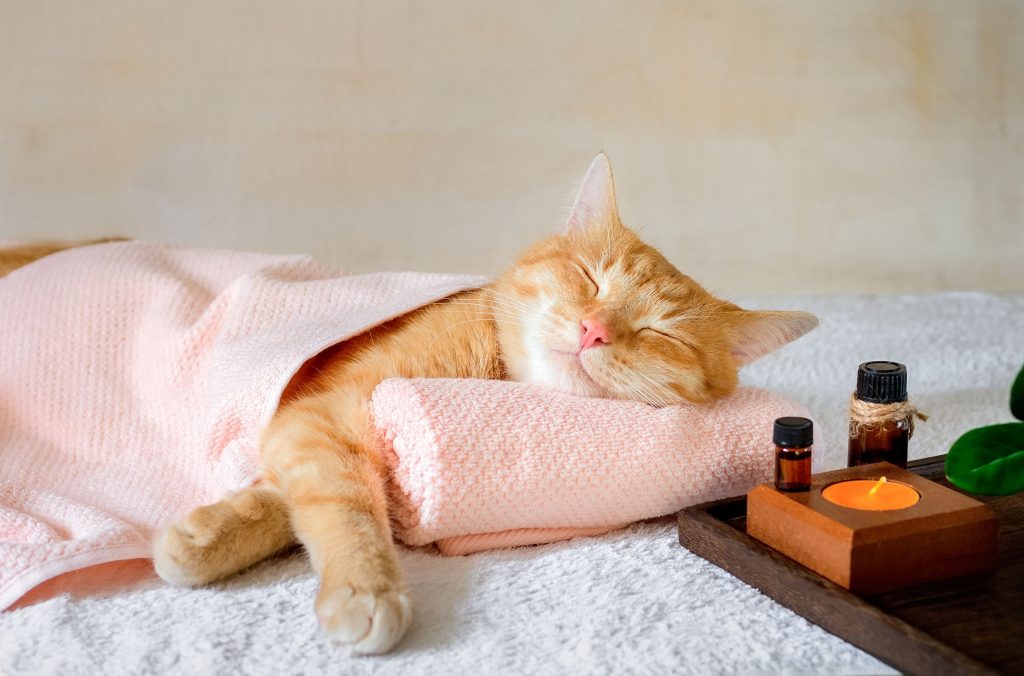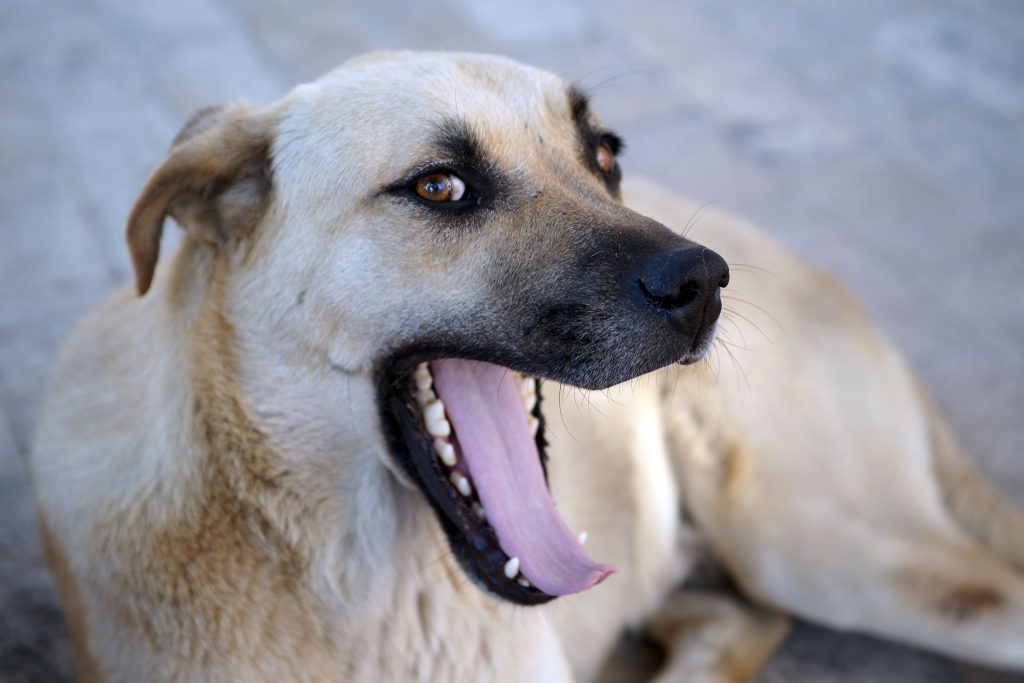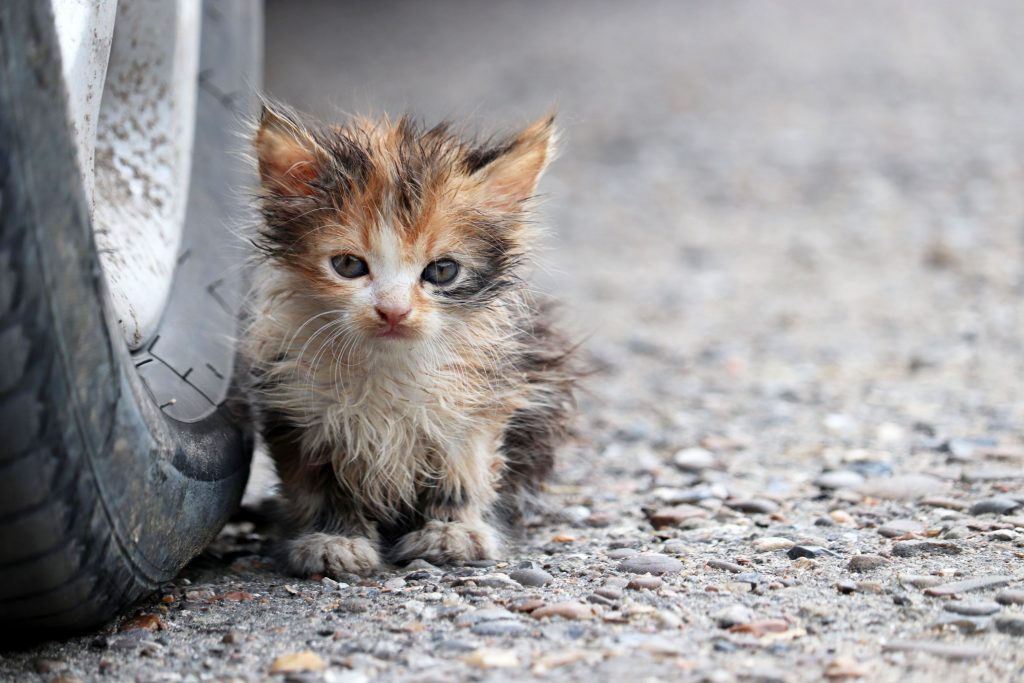Knoxville TN Animal Clinic, Knoxville Veterinarian
It’s Always a Good Time to Adopt a Cat
June is National Adopt-A-Cat Month. With so many beautiful, sweet, playful felines available for adoption, there’s never been a better time to adopt a cat. If you’ve been wanting to find the best possible addition to your family, we are so happy to help you get started.
Continue…3 Reasons Pets Are Great for Your Health
There’s nothing better than coming home to our furry pets at the end of a long day at work. If you’re anything like us, all you want to do till bedtime is snuggle up with your kitty, take your dog for a walk, or play with your ferret. And you often feel better after spending time with your pet.
The physical and mental health benefits we get with our pets are significant. The team at Volunteer Veterinary Hospital would like to share the top three reasons why pets are good for your health.
Continue…Best Dog Parks in Knoxville TN
If you’re itching to get your dog outdoors, we highly recommend visiting one of Knoxville’s excellent dog parks. Knoxville is known for being one of the most dog-friendly cities in the United States—by design. Back in 2009, PetSafe partnered with the City of Knoxville to make the city the pet-friendliest in the nation. There are now 9 fabulous dog parks in the city. Most are equipped with doggie waste bags and water fountains. Which one will you visit first?
Continue…What to Worry About: Considering Spring Pet Safety
Spring is about embracing life-affirming positivity, joy, and abundance. The sun is shining, the flowers are blooming, and nothing can get us down. It’s the best time of the year to pivot towards health, vitality, and a happy, full future. Chances are, your pet has a keen sense for clocking the vibe shift between winter and spring. They can feel the potential, just like us. Unfortunately, that means they can come across less-than-ideal situations that threaten your approach to spring pet safety.
Continue…Where Can Dogs Find the Super Bowl in Pet-Friendly Knoxville?
Although Knoxville is very pet friendly, it can be hard to find a dog-friendly spot that also shows live broadcasted sports. Conversely, many traditional sport bars or pubs don’t have outdoor seating that can accommodate pets. Don’t worry, we’ve done the heavy lifting for your and your dog so you can find the perfect spot for you both to enjoy all the Superbowl has to offer.
Continue…Pet Wellness Tips for 2023
The new year is the time for new beginnings, and while you’re making a list of New Year’s resolutions, make sure you include ways to enrich the lives of your pets as well.
At Volunteer Veterinary Hospital, we want to help you make 2023 your pet’s healthiest and happiest year yet. Here are our team’s top wellness tips for the new year.
Continue…Our Winter Pet Safety Tactics Keep Paws Warm
It’s that time of the year again: sweater weather! There is so much to enjoy about winter in Knoxville, but not everyone loves the shorter days or chilly mornings. Pets might not necessarily know what’s going on with the weather, but they are certainly affected by it. The good news is that there aren’t too many extremes to worry about. However, winter pet safety is a concern that benefits from a proactive approach.
Continue…Supporting the Needs of an Overweight Pet
Just as it is with our ever-expanding waistlines, extra pounds on a pet don’t appear overnight. Successive weeks or months of a few extra treats a day, or a little less exercise, create the perfect storm for weight gain. The fact is, pet obesity is on the rise. Knowing what’s at stake for an overweight pet can help turn the tide and with a proactive, consistent approach, pet owners can have a direct impact on a pet’s overall health and longevity.
Continue…Stand Up To Your Pet’s Bad Breath
One of the best parts of modern pet ownership is that so much is now known about caring for them. No longer forced to simply accept things we wish were different, we can affect change in our pet’s behavior, appearance, and overall health. Instead of shrugging off, say, bad breath, we can design an approach that not only works for owners, but also helps pets in the long run. If your pet’s bad breath clears the room, it’s time to help them through.
Continue…Have You Heard Of Hyperthyroidism in Cats?
Cat owners are typically looped into the common potential health issues facing modern felines. In addition to heartworm disease, diabetes, feline leukemia virus (FelV), and feline immunodeficiency virus (FIV), hyperthyroidism in cats is increasingly prevalent. Characterized by weight loss, increased appetite/thirst, and vomiting or diarrhea, this condition must be promptly addressed. The good news is that once hyperthyroidism in cats is properly managed, a high quality of life is attainable.
Anatomy Details
Located within the neck, the thyroid gland produces a hormone that regulates metabolism. When too much hormone is produced, metabolism increases which explains why cats lose weight despite a voracious appetite. While this symptom is a red flag, many owners don’t automatically realize that it’s tied to something serious.
Cats between the ages of 10-13 are commonly diagnosed with hyperthyroidism. Blood tests and other diagnostics can help diagnose hyperthyroidism in cats, and rule out a series of other common conditions like kidney disease, diabetes, and cancer (all share similar clinical symptoms). We may also need to perform an electrocardiogram, chest x-ray, ultrasound, and blood pressure to gain a better understanding of a cat’s condition.
Since a vast majority of cases are linked to a benign tumor on one or both lobes of the thyroid gland, it is critical to move quickly toward effective treatment. Prognosis is usually very good if caught early.
Next Steps
Depending on the severity, hyperthyroidism in cats may be properly managed with medical treatment, close monitoring, and prescription diet. Medication taken twice a day for life can decrease the production of thyroid hormone.
Injections of radioactive iodine can also decrease thyroid hormone levels in a shorter amount of time, but require a hospital stay. This is often the fastest and safest method to lower thyroid hormone levels.
Surgical removal of the thyroid gland may be necessary in extreme cases. However, the elimination of the thyroid gland may result in serious health complications.
Every Step of the Way
Your team at Volunteer Veterinary Hospital understands that hyperthyroidism in cats can be very challenging to face. Due to its effect on feline blood pressure, heart health, eye health, neurologic functions, and the kidneys, this condition must be closely observed. If we’re able to catch the disease early on, hyperthyroidism in cats can be effectively treated.
Hyperthyroidism in Cats
Your cat’s annual wellness exam creates the opportunity to catch health problems before they get out of hand. Early detection can lead to a better prognosis, affecting your cat’s overall health and lifespan.
Remember, if you see any changes to your cat’s eating/drinking behavior, vomiting and/or diarrhea, poor coat quality, and weight loss, please don’t hesitate to call us at (865) 609‑0311.











